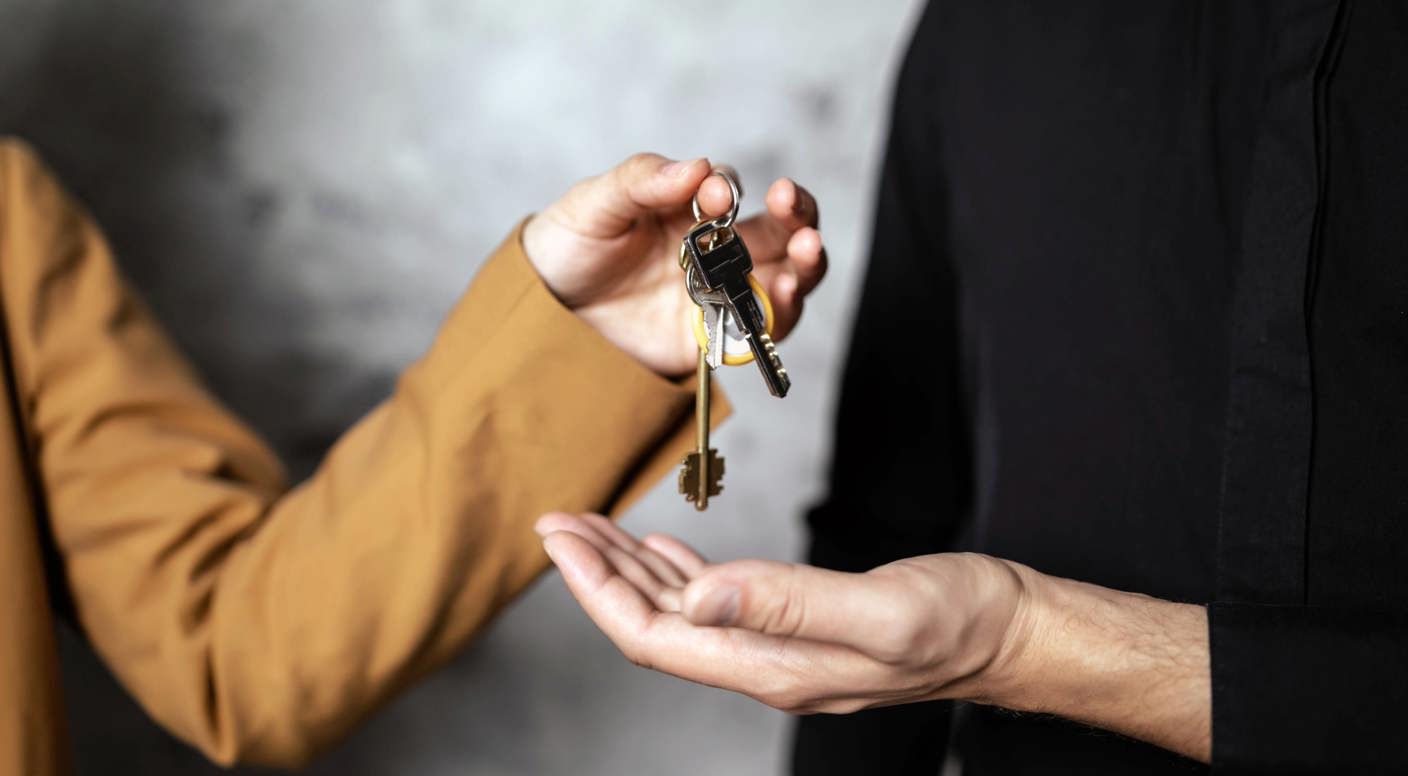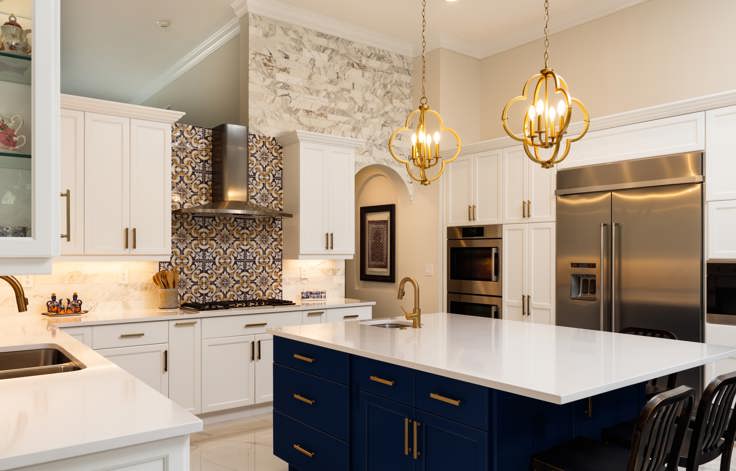An accurate property valuation you can trust
We'll help you to find the value of your property, so you can find a buyer or tenant as soon as possible.
Enter your details below to book a professional appraisal.
Whether you're buying your first home or expanding your property portfolio, understanding the difference between freehold and leasehold is essential. These legal terms tell you who owns the building, who owns the land beneath it, and what rights and responsibilities come with the property. They can also affect your running costs, mortgage options and long-term resale value.

What Is Freehold?
A freehold property means you own the building and the land it stands on outright. There is no time limit on your ownership. Most houses in the UK, particularly in the North West, are sold as freehold because they are built on individual plots rather than shared land.
Key Features of Freehold
- You own the property and land forever (unless you choose to sell)
- No ground rent to pay
- No service charges unless part of a managed estate
- You are fully responsible for maintenance and repairs
- Typically easier to mortgage and sell
Advantages of Freehold
Freehold ownership gives you the greatest level of control and long-term security. You can usually make improvements without needing permission from a freeholder, and you avoid common extra costs such as ground rent or strict lease rules.
Disadvantages of Freehold
The main drawback is that maintenance and repairs are entirely your responsibility, which can mean higher upfront costs compared to shared buildings.
What Is Leasehold?
Leasehold means you own the property (typically a flat) but not the land it stands on. The land and the building structure are owned by a freeholder. Your ownership only lasts for the remaining term of the lease - often between 99 and 999 years when first built.
Key Features of Leasehold
- You own the property for a set number of years
- You pay ground rent (though reforms are changing this) and service charges
- You may need permission for major changes
- The lease can reduce in value over time
- The building maintenance is handled collectively
Why Lease Length Matters
Once a lease drops below 80 years, the cost to extend it rises sharply, and some mortgage lenders may refuse to lend. Homes with short leases can be harder to sell and often require renegotiation during the purchase process.
New UK Reforms: Ground Rent Changes and Leasehold Phase-Out
Recent government reforms mean new residential leases must now have zero ground rent. In addition, plans to reform lease extensions and give leaseholders greater rights are progressing. The government has also announced its intention to phase out leasehold houses entirely, meaning the system will become increasingly focused on flats only.
Common Costs with Leasehold Properties
Leaseholders contribute collectively towards shared areas and structural upkeep. Typical fees include:
- Service charge – maintenance of communal areas
- Building insurance – often included in service charges
- Management fees – paid to the building's managing agent
- Ground rent – with new leases now set at £0
What About Shared Ownership?
Some government-backed affordable housing schemes offer shared ownership - where you buy a percentage of the home and pay rent on the remaining share. These properties are usually leasehold too, with the option to "staircase" up to full ownership over time.
Which Is Better: Freehold or Leasehold?
There's no single right answer - it depends on the type of property and your lifestyle. Houses are generally better as freehold, while flats naturally require shared responsibility and therefore come under leasehold.
Top Tips for Buyers
- Always check the remaining lease term before offering
- Review service charges and any planned maintenance costs
- Ask whether the building has a sinking fund for major repairs
- Confirm building management is reputable and responsive
- Seek legal advice early - especially for leases below 90 years
Understanding the difference between freehold and leasehold can help you make a confident, informed property decision. If you plan to buy a home in the North West - whether for yourself or as a rental investment - taking time to review lease terms, future costs and legal obligations will ensure the property matches your long-term goals.
If you're unsure which option is right for you, our team at Farrell Heyworth is always here to help.
Related Posts
UK Rental Market Outlook 2026: National Trends & North West Growth Analysis
Our latest blog post combines the latest data from the Rightmove Rental Trends Tracker, the ONS Private Rental Price Index,…
Most In-Demand Property Features for 2026 Buyers: UK Trends and North West Insights
National data from the Office for National Statistics, the Bank of England and leading property portals such as Rightmove consistently…
Why Coastal Relocations Will Surge Again in 2026: Complete Guide for UK Home Buyers
Across the UK, search volumes for phrases such as "move to the coast", "best coastal towns to live", and "coastal…



